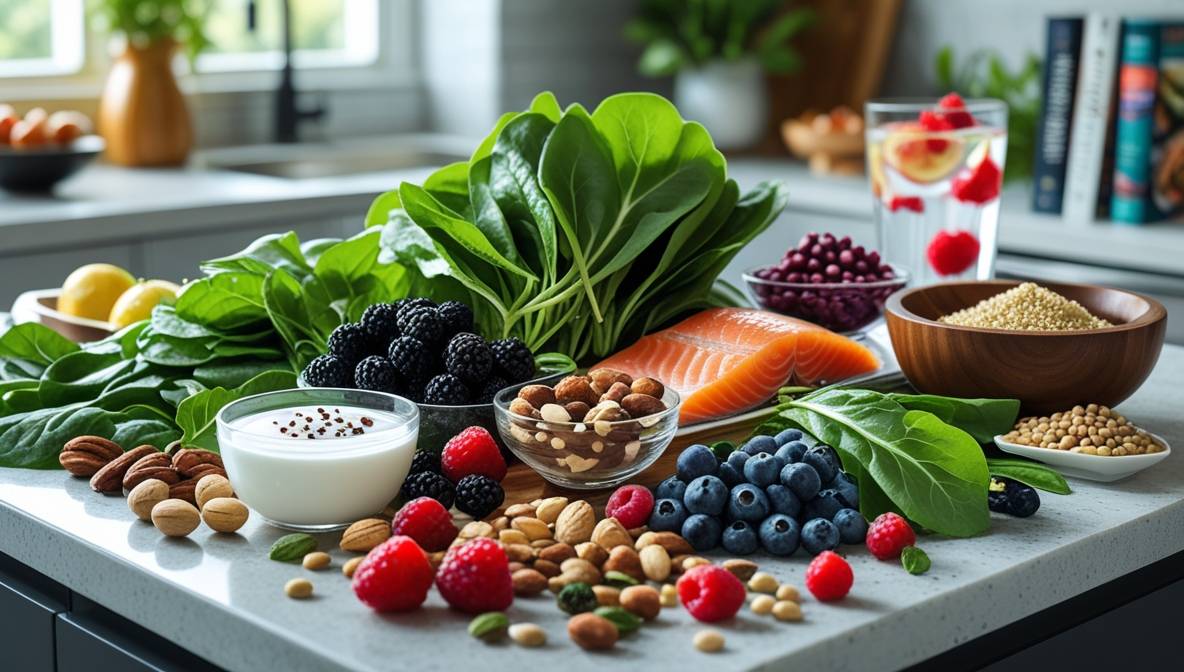Health experts emphasize that a nutritious diet isn’t about rigid restrictions but about making consistent, intelligent choices. According to Dr. Archana Batra, a renowned dietitian and diabetes educator, “A balanced diet focuses on nutrient-dense foods that enhance overall well-being. Superfoods and mindful eating habits are foundational to sustaining a healthy lifestyle.”
This guide explores essential superfoods, their benefits, and practical strategies to integrate them into daily meals.
Why Superfoods Matter
Superfoods are nutrient powerhouses packed with vitamins, minerals, antioxidants, and healthy fats. They support immune function, improve digestion, and reduce chronic disease risks. Below, we break down the top superfoods recommended by nutritionists.
1. Leafy Greens: Nature’s Multivitamin

Spinach, kale, and Swiss chard are rich in vitamins A, C, and K, along with iron and calcium. These greens combat inflammation and promote bone health.
How to Use:
- Blend into smoothies.
- Sauté with garlic as a side dish.
- Add raw leaves to salads or sandwiches.
Internal Link: Explore the benefits of plant-based foods for more ideas.
2. Berries: Antioxidant-Rich Brain Boosters
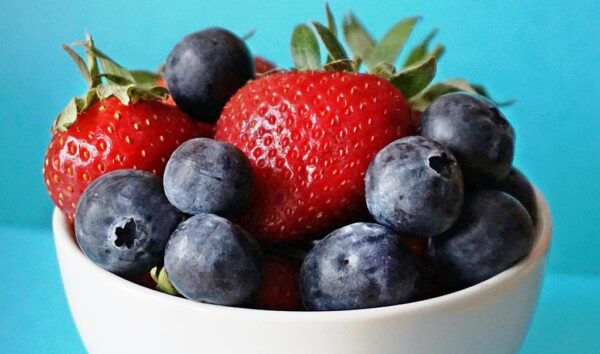
Blueberries, strawberries, and raspberries are loaded with fiber and antioxidants like anthocyanins, which enhance cognitive function and immunity.
How to Use:
- Top oatmeal or yogurt.
- Freeze for a refreshing snack.
- Mix into chia seed pudding.
3. Nuts and Seeds: Healthy Fats for Sustained Energy
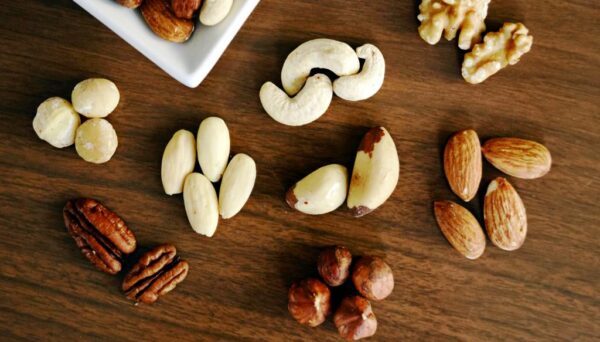
Almonds, chia seeds, and flaxseeds provide omega-3 fatty acids, protein, and fiber. They aid heart health and stabilize blood sugar.
How to Use:
- Sprinkle over salads.
- Blend into nut butter.
- Add to homemade granola.
Internal Link: Learn about financial investment tips to budget for quality ingredients.
4. Fatty Fish: Omega-3 Powerhouses

Salmon, mackerel, and sardines are excellent sources of omega-3s, which reduce inflammation and support brain health.
How to Use:
- Grill or bake with herbs.
- Add to grain bowls.
- Pair with roasted vegetables.
5. Legumes: Plant-Based Protein Champions
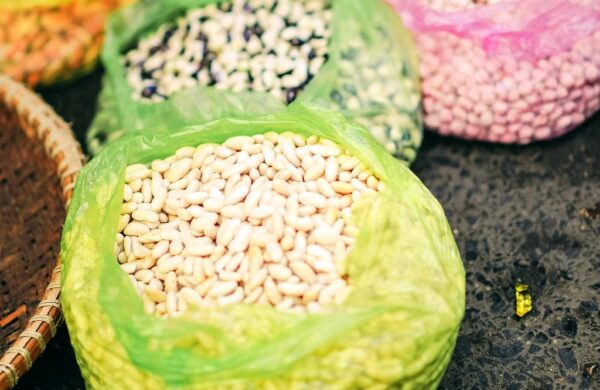
Lentils, chickpeas, and black beans offer protein, fiber, and iron. They aid weight management and improve metabolic health.
How to Use:
- Make hummus or veggie burgers.
- Stir into soups or stews.
- Toss in cold salads.
Internal Link: Discover 40 powerful fat-burning superfoods for weight management.
6. Whole Grains: Fiber for Digestive Health
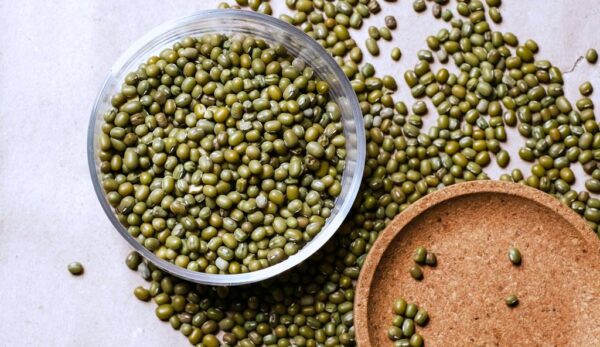
Brown rice, quinoa, and oats are high in fiber, promoting gut health and steady energy levels.
How to Use:
- Substitute refined grains in recipes.
- Prepare as a breakfast porridge.
- Use in Buddha bowls.
7. Fermented Foods: Gut-Healing Probiotics
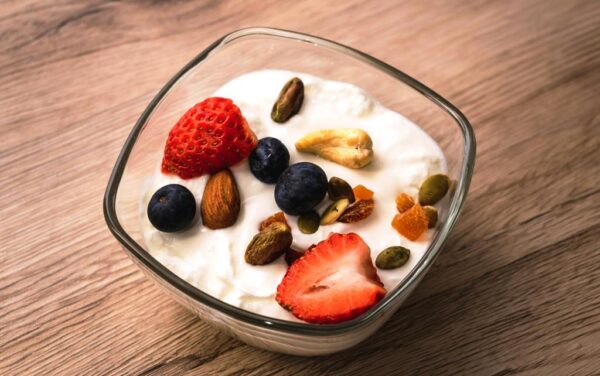
Yogurt, kefir, and kimchi contain probiotics that improve digestion and strengthen immunity.
How to Use:
- Enjoy as a snack with fruit.
- Add to smoothies.
- Use as a marinade base.
Easy Ways to Incorporate Superfoods
| Strategy | Example |
|---|---|
| Swap processed snacks | Replace chips with mixed nuts or berries. |
| Balance macronutrients | Pair carbs (quinoa) with protein (salmon). |
| Hydrate strategically | Infuse water with citrus or mint. |
| Portion control | Use smaller plates to avoid overeating. |
Internal Link: For hydration tips, read how to boost your immune system.
The Science Behind Superfoods
Research shows that diets rich in superfoods correlate with lower risks of heart disease, diabetes, and obesity. For example:
- A 2023 study linked berry consumption to improved memory in older adults.
- Omega-3s from fatty fish reduce triglycerides by up to 30%.
Common Mistakes to Avoid
- Overeating “Healthy” Foods: Even nutrient-dense foods can lead to weight gain in excess.
- Neglecting Variety: Rotate superfoods to maximize nutrient intake.
- Skipping Hydration: Water aids nutrient absorption and detoxification.
Internal Link: Understand diabetes management through diet.
Final Thoughts
Adopting a superfood-rich diet requires mindfulness, not perfection. Start with one or two additions weekly and gradually expand. As Dr. Batra notes, “Small, consistent changes yield lasting results.”

